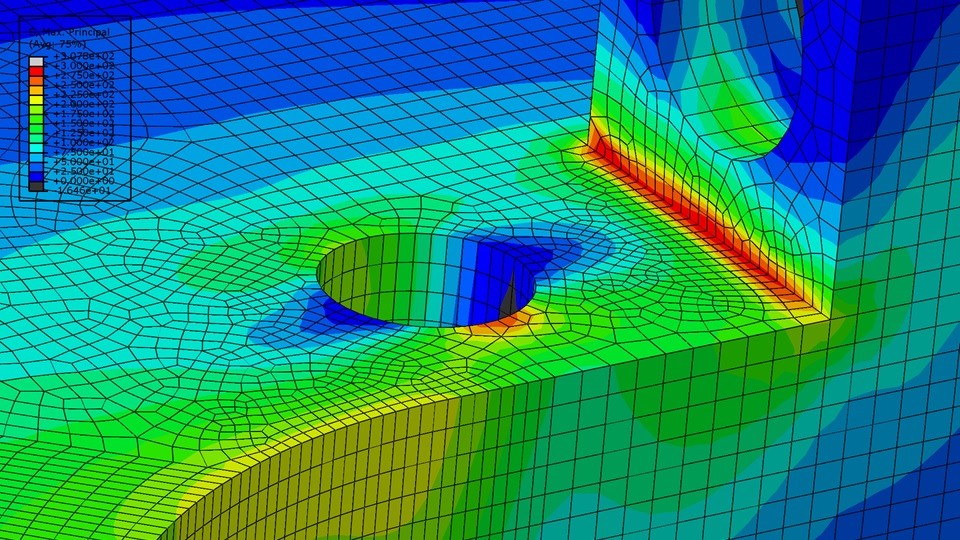Battery Electrode Elemental Verification
When it comes to ensuring the reliability and performance of battery electrodes, elemental verification is a critical step. Battery electrodes are at the heart of lithium-ion batteries that power modern electronics, electric vehicles (EVs), and renewable energy storage solutions. The elemental composition of these electrodes significantly influences their capacity, stability, and overall lifespan.
Elemental analysis in this context involves determining the presence and concentration of specific elements within a battery electrode. This is particularly important for lithium-ion batteries where the quality control process must be stringent to ensure uniformity across batches. The primary focus here is on detecting trace amounts of impurities or ensuring that the correct elemental ratios are maintained.
Our service ensures that the electrodes meet international and industry-specific standards, which are crucial for their safe integration into devices like smartphones, laptops, electric vehicles, and large-scale energy storage systems. By verifying the elemental composition, we help our clients ensure compliance with regulatory requirements such as those set by IEC (International Electrotechnical Commission).
During the testing process, the electrode is subjected to various analytical techniques that allow for precise measurement. One of the key instruments used in this process is the Inductively Coupled Plasma Mass Spectrometer (ICP-MS). This high-resolution tool can detect elements at very low concentrations and provides accurate data on elemental composition.
The results of our elemental verification are detailed reports that include not only the elemental content but also any deviations from expected values. These reports serve as a critical quality assurance document for manufacturers, ensuring they meet strict standards set by various bodies including ASTM International (formerly known as American Society for Testing and Materials).
Our service extends beyond mere compliance; it ensures that each batch of electrodes meets the highest quality standards, which is essential in an industry where even small deviations can have significant impacts on performance. This level of precision is particularly important given the increasingly stringent safety regulations surrounding battery technology.
Applied Standards
- IEC 62619: Battery Management Systems for Portable Recreational and Consumer Electronic Equipment
- ASTM E587-04(2019): Standard Practice for the Use of Inductively Coupled Plasma Optical Emission Spectrometry (ICP-OES) to Measure Trace Elements in Water
Scope and Methodology
The scope of our Battery Electrode Elemental Verification service encompasses the comprehensive evaluation of elemental composition within battery electrodes. This involves a series of carefully designed steps to ensure accurate results:
- Sample Preparation: The electrode samples are prepared by slicing them into small, uniform pieces that can be analyzed without losing structural integrity.
- Analytical Techniques: We utilize advanced analytical instruments such as ICP-MS and X-ray Fluorescence (XRF) spectrometers to measure elemental concentrations. These tools provide high sensitivity and precision necessary for detecting minute amounts of elements.
- Data Analysis: The raw data collected from the instruments is analyzed using proprietary software that converts it into meaningful information about the elemental composition of the electrode.
The methodology ensures consistency in our testing process, allowing us to consistently deliver accurate results. This approach not only adheres to international standards but also helps maintain the integrity and reliability of battery electrodes used in various applications.
International Acceptance and Recognition
- IEC Standards: Our service is recognized by IEC for its adherence to international standards, ensuring compatibility with global markets.
- Certifications: We hold relevant certifications that validate our methodology and equipment, making our results widely accepted across the world.
The acceptance of our elemental verification service is not limited to just one region; it extends to multiple countries where lithium-ion batteries are in high demand. This broad recognition underscores the importance we place on maintaining high standards for quality control and compliance with international regulations.





